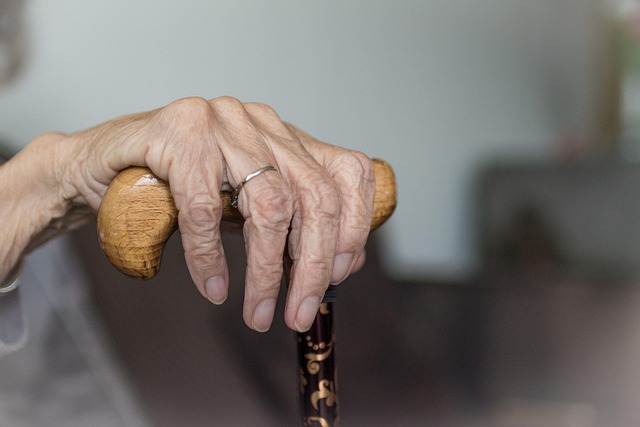Elderly Companion Services play a vital role in tackling social isolation among seniors, especially those with mobility issues or health conditions. By providing regular companionship, assistance with daily tasks, and encouragement for leisure activities, these services significantly improve the mental health and quality of life of older adults. They offer emotional support, break caregiving burdens for families, and foster community engagement, ultimately enhancing senior well-being in a digital age where isolation is a growing concern.
“Social interaction is a vital component of healthy aging, yet many seniors face isolation due to various factors. This article explores the challenges of loneliness among isolated seniors and offers solutions to combat this growing concern. We delve into the significance of elderly companion services in providing companionship and support, enhancing social connection, and promoting overall well-being. By understanding these strategies, we can foster a more inclusive society for our aging population.”
- Understanding the Challenges of Isolation among Seniors
- The Role of Elderly Companion Services
- Strategies to Foster Social Connection and Well-being
Understanding the Challenges of Isolation among Seniors

Isolation is a significant challenge for many elderly individuals, especially in today’s fast-paced world where social connections often take a back seat to busy schedules and technological advancements. For seniors living alone, the lack of regular social interaction can lead to profound feelings of loneliness and depression, impacting their overall well-being. This issue is further exacerbated by mobility restrictions, age-related health conditions, and the loss of loved ones, making it difficult for them to engage in activities that foster meaningful relationships.
Elderly Companion Services play a crucial role in tackling this problem head-on. These services provide much-needed companionship and social interaction for isolated seniors, offering a lifeline to connect them with caring individuals who can assist with daily tasks, encourage participation in social activities, and foster a sense of belonging. By breaking through the barriers of isolation, these companion services contribute to improved mental health, increased engagement in community life, and a higher quality of life for older adults.
The Role of Elderly Companion Services

Elderly Companion Services play a pivotal role in bridging the gap of social isolation among seniors, offering much-needed companionship and support. These services provide regular visits from trained professionals who engage with elderly individuals in meaningful conversations, assist with daily tasks, and encourage participation in leisure activities. This not only improves their quality of life but also fosters a sense of belonging and purpose, combating loneliness and depression that often accompany advanced age.
Through these interactions, Elderly Companion Services create opportunities for seniors to share stories, reminisce about past experiences, and form emotional connections. They help maintain cognitive function by stimulating mental engagement, and can even assist in managing chronic conditions through consistent care and monitoring. Moreover, these services offer family caregivers a much-appreciated break, allowing them to attend to other responsibilities while ensuring their loved ones receive personalized attention and care.
Strategies to Foster Social Connection and Well-being

Creating opportunities for social interaction is vital for the well-being of isolated seniors, addressing a pressing need in today’s digital era. Elderly Companion Services play a crucial role here by offering tailored solutions. Companions can engage in meaningful conversations, participate in leisure activities, and even assist with technology to bridge the digital divide. This fosters not just social connection but also mental stimulation, enhancing the quality of life for seniors.
Additionally, organizing group outings, virtual or in-person events, and community programs can create a sense of belonging. These strategies encourage active participation, allowing isolated seniors to reconnect with their peers, share experiences, and build supportive networks. By implementing these initiatives, Elderly Companion Services contribute significantly to the overall health and happiness of the elderly population.
Social isolation is a significant challenge for many seniors, but by implementing strategies that foster social connection, we can enhance their well-being. The role of Elderly Companion Services is invaluable in this regard, offering companionship and support tailored to individual needs. Through these services, isolated seniors can regain a sense of community and purpose, ultimately improving their quality of life.
